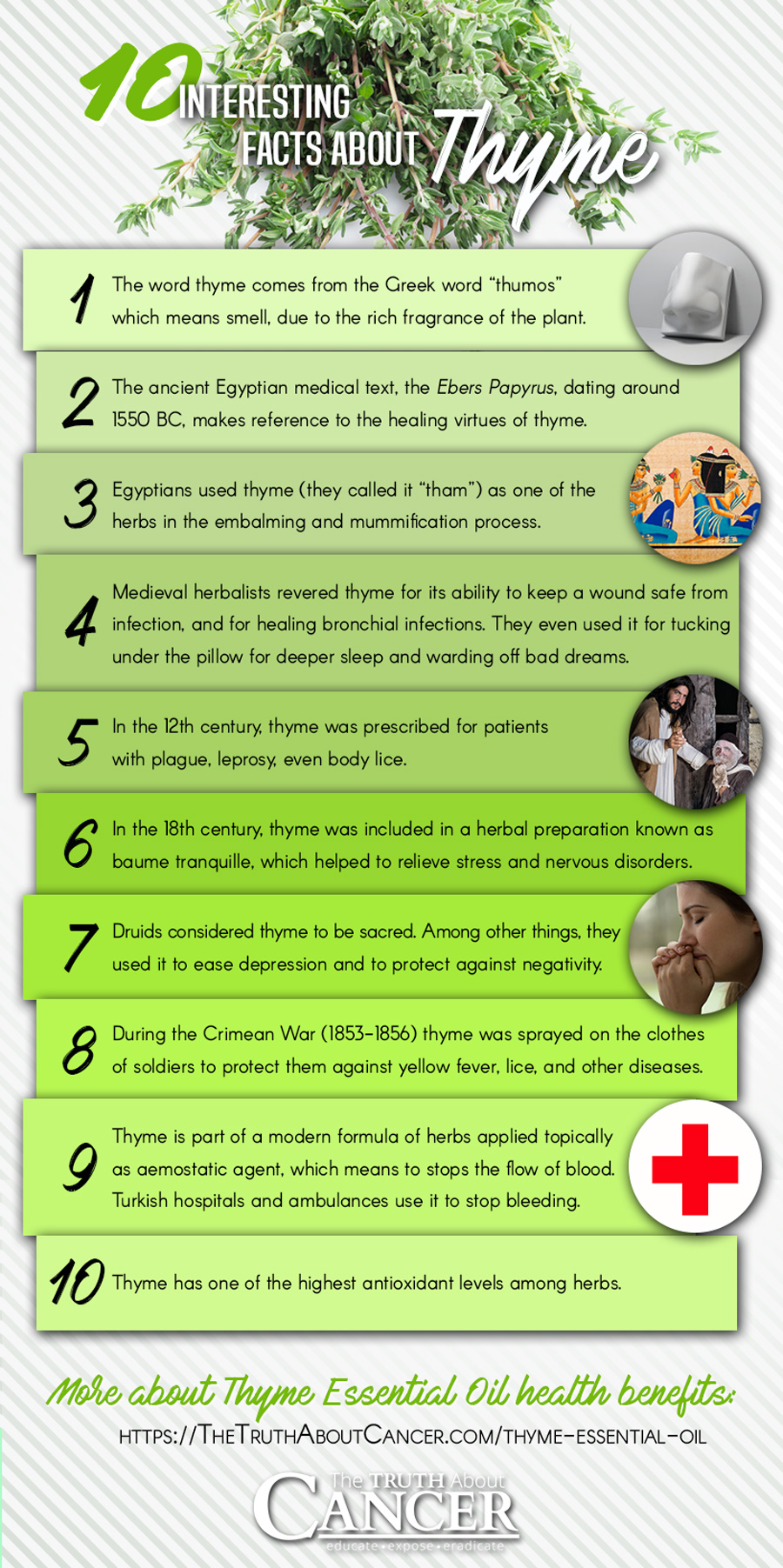

This, in turn, prevents severe blockages in your heart and safeguards you from a heart attack. Improves heart health: One of the medicinal benefits of thyme is that it significantly reduces cholesterol in the blood.You can apply thyme oil to your eyes in case of irritation to get relief. The main reason behind this is the presence of Vitamin A, which maintains a healthy amount of mucus in the eyes. Improves eyesight: One of the most noteworthy health benefits of thyme is that it can help in improving the eyesight of an individual.This is important since the lipid in cooking oil undergoes oxidation over time, leading to the loss of its stability, quality, safety, and nutritional value. Prolongs cooking oil stability: Scientists observed that thyme significantly lengthens the stability of cooking oil.Additionally, it has also successfully fought bacteria, viruses, rats and mice. Controls pests: One of the significant uses of thyme leaves is that they can effectively kill tiger mosquitoes that are primarily present in tropical and subtropical regions of Southeast Asia.However, you need to consume thyme in sufficient quantities to observe noticeable results. These nutrients considerably aid in boosting the immunity of an individual. Boosts immunity: Thyme contains several essential micronutrients such as vitamin A, vitamin C, iron, manganese, and copper.This is because it contains a compound known as carvacrol which stimulates the secretion of dopamine and serotonin, which are known to regulate your mood. Uplifts mood: One of the advantages of thyme is that it can significantly uplift your mood when you are upset or depressed.However, it is not so effective against a very high concentration of mould in your house. It can effectively remove disease causing bacteria from your home. Acts as a disinfectant: One of the primary uses of thyme oil is that it acts as an excellent disinfectant due to its antibacterial properties.So, you can opt for a thyme tea in case of excess cough. Studies have shown that thyme, along with ivy leaves, cured bronchitis symptoms to a significant extent. Treats cough and cold: Thyme has proven to be highly effective against cough and cold.However, there is not much evidence supporting the fact that thyme oil effectively deals with pimples. The main reason for this is the antibacterial properties of thyme against the acne causing germ, Cutibacterium acnes.


And if you've ever enjoyed it as a culinary herb, the flavor is pleasing, strong, and distinct. Phenols in the plant, including eugenol, carvacrol and thymol, deliver benefits. Thyme oil is used in tea with honey for a sore throat. Thyme’s benefits include antifungal and antibacterial properties, free-radical scavenging properties, oral health support, occasional mood support, and bug repellent action. The father of Western medicine himself, Hippocrates, recommended it for respiratory conditions and digestive support. There were writings of the Romans using thyme as a flavoring additive for cheese and alcoholic beverages, while the Egyptians used it as an embalming fluid, showing the versatility of this herb. The first recording of thyme’s use was more than 3,000 years ago.

In the Roman era, thyme was consumed to prevent and treat poisoning (1).Interesting thyme facts: This popular culinary herb has a long history of use as a medicinal healer and way to safeguard health.


 0 kommentar(er)
0 kommentar(er)
